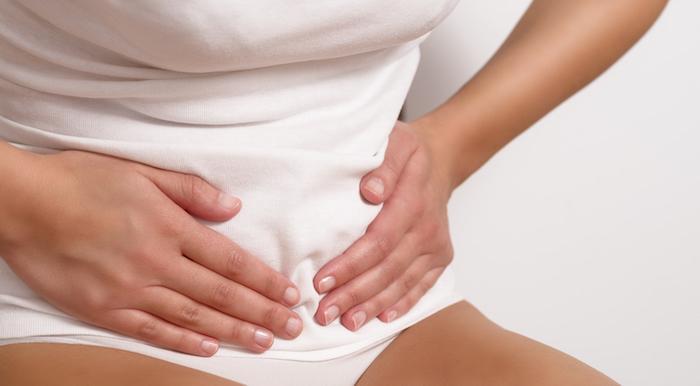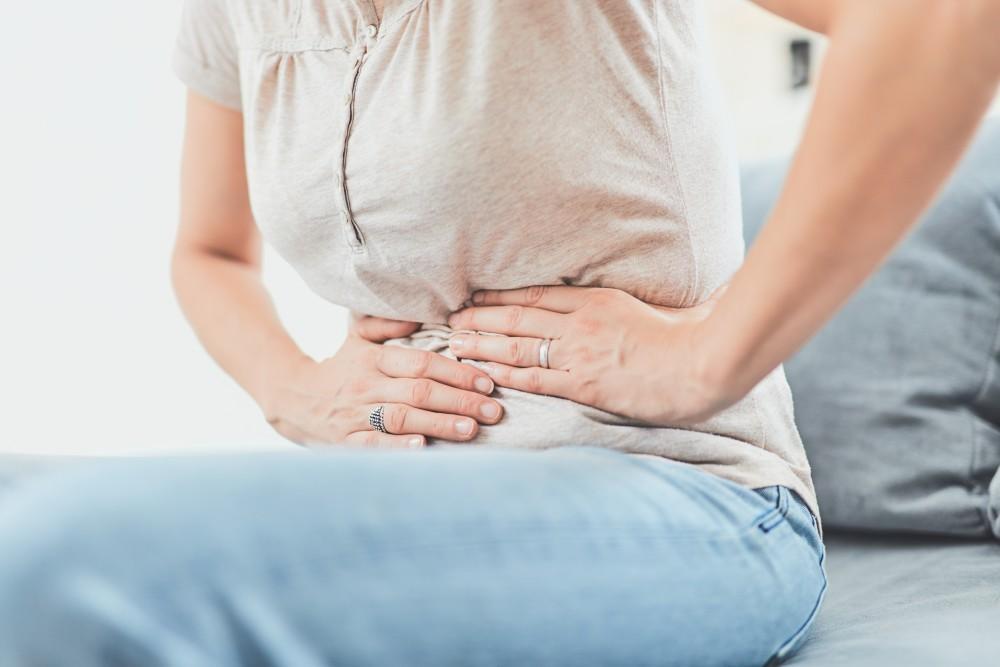
4 Fibroid Complications You Can Avoid with Proper Treatment

Uterine fibroids are benign, muscular tumors that usually grow in the wall of your uterus. While they don’t cause or increase your risk of cancer, that doesn’t mean fibroids are good for your health. Untreated fibroids increase your risk for different health complications.
Fortunately, you can avoid these problems with safe and effective treatment. The board-certified interventional radiologists at Alate Health in Houston, Texas, specialize in diagnosing and treating uterine fibroids using uterine fibroid embolization (UFE).
This minimally invasive procedure, approved by the American College of Obstetrics and Gynecology, shrinks your fibroids, reducing your risk of health compilations. Keep reading to learn about four fibroid-related health complications and how you can avoid them by seeking treatment.
1. Problems with pregnancy or fertility
Untreated fibroids can lead to issues with getting or staying pregnant. For about 1-2% of women with fibroids, the noncancerous tumors affect their ability to conceive. This happens when the fibroids cause changes that interfere with reproduction, including:
- Blocking the entrance to your uterus
- Limiting how far sperm can move
- Blocking access to your fallopian tubes
For women who conceive, untreated fibroids can cause problems with their pregnancies. For example, fibroids can alter the shape of your uterus, changing the space the embryo has to grow and develop.
In other cases, fibroids can reduce blood circulation in your uterus. This makes embryo implantation difficult and can cause miscarriage or developmental issues if the growing fetus doesn’t get enough blood.
For these reasons, fibroids are associated with pregnancy-related issues, including preterm labor, placental abruption, low birth weight, breech birth, and the need for a Cesarean delivery.
2. Low blood iron (anemia)
When you don’t have enough red blood cells to transport oxygen from your lungs, or if you have too little hemoglobin, an iron-rich protein found in your blood, you have a condition called anemia.
Symptoms of anemia vary in severity depending on your blood iron levels and may include:
- Fatigue or low energy
- Dizziness
- Shortness of breath
- Rapid heartbeat
- Pale skin
- Cold hands and feet
- Insomnia
- Chest pain
- Trouble concentrating
- Brittle nails
- Cracks on the sides of your mouth
- Swollen or sore tongues
- Cravings for non-food items, like paper or ice
Untreated fibroids may contribute to anemia because they can trigger heavy periods, prolonged periods, and bleeding between your periods. If you have fibroids, be sure to have your provider check your iron levels as untreated anemia can cause additional health problems, including heart failure.
3. Kidney damage
When you have large fibroids, they can put pressure on your bladder and urinary system. This can trigger frequent urination and incontinence.
When fibroids press on your ureter, the tube that connects your bladder and kidneys, you can develop a condition called hydronephrosis. Hydronephrosis, or swelling of the kidneys, leads to painful urination, back and side pain, increased urges to urinate, and sometimes kidney damage.
If you have fibroids and have any of these symptoms, don’t wait to call your doctor. Fibroid treatment can shrink the fibroids, easing the pressure on your bladder and ureter to prevent kidney damage.
4. Digestive troubles
Many women with untreated fibroids experience digestive troubles, especially chronic constipation. These symptoms develop because fibroid tumors can pressure your bowel or intestines.
This happens since your uterus rests in front of your colon. Your colon controls your bowel movements, and any fibroids at the back of your uterus—or huge fibroids in any location—can push on your colon, triggering symptoms.
Chronic constipation affects your quality of life and cause other health complications, including:
- Hemorrhoids,
- Rectal bleeding
- Rectal prolapse
- Anal fissures
In the most severe cases, constipation can lead to a serious condition called fecal impaction. When this happens, you can’t expel your bowel movement and require medical help and attention.
You can avoid these and other health problems related to untreated fibroids by seeking help from a fibroid specialist, like the team at Alate Health. We specialize in minimally invasive uterine fibroid embolization (UFE) to treat your fibroids and lower your risk of other health complications.
Want to learn more about treatment for fibroids? Schedule an appointment online or over the phone at Alate Health in Houston, Texas.
You Might Also Enjoy...

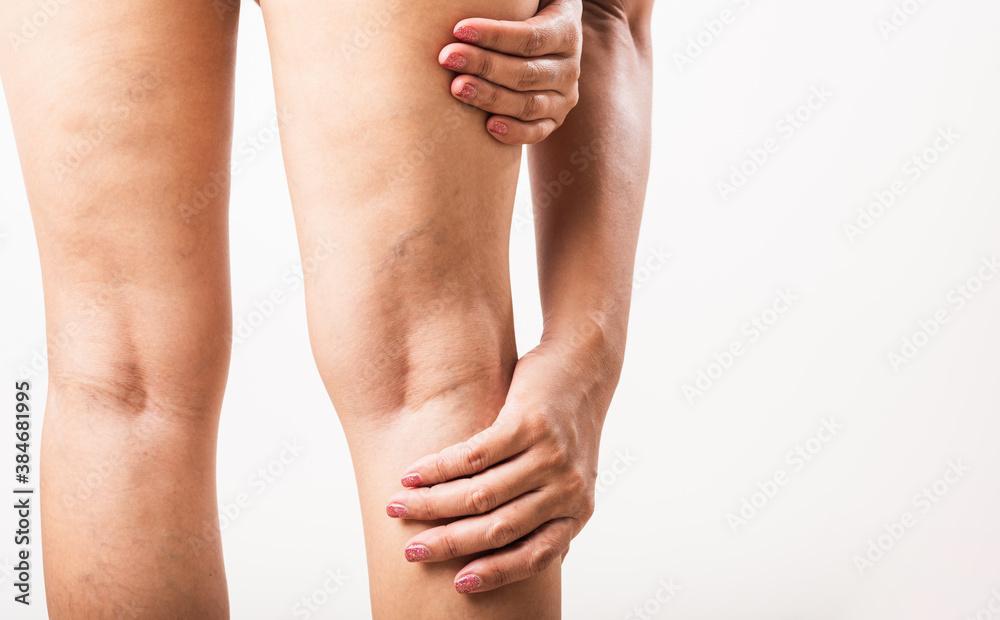
I'm Nervous About My Upcoming VenaSealTM Procedure

Telehealth: The Advantages of Telemedicine
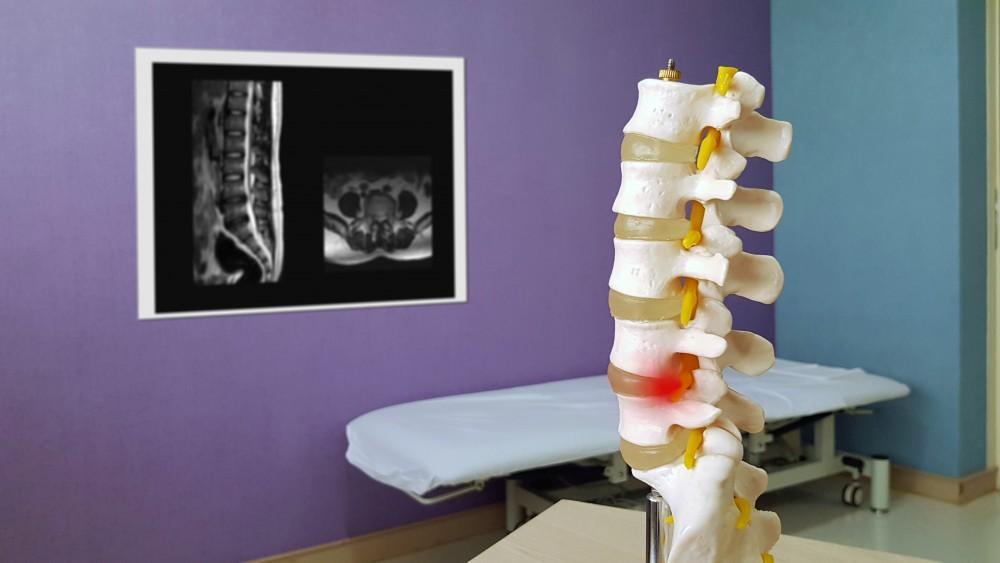
What Caused My Spinal Stenosis?
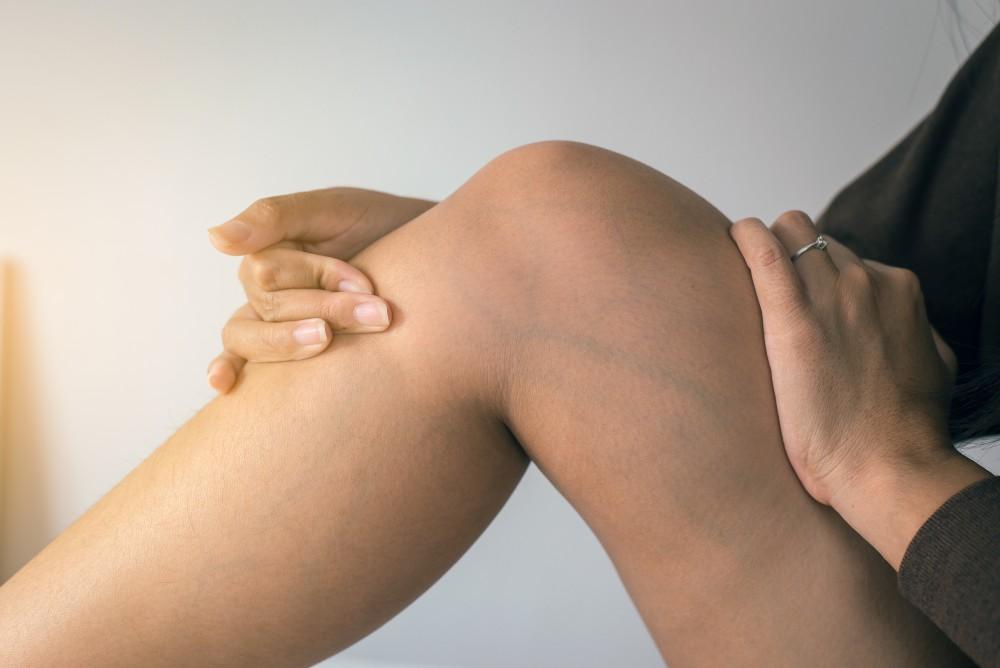
I'm Embarrassed About My Varicose Veins
